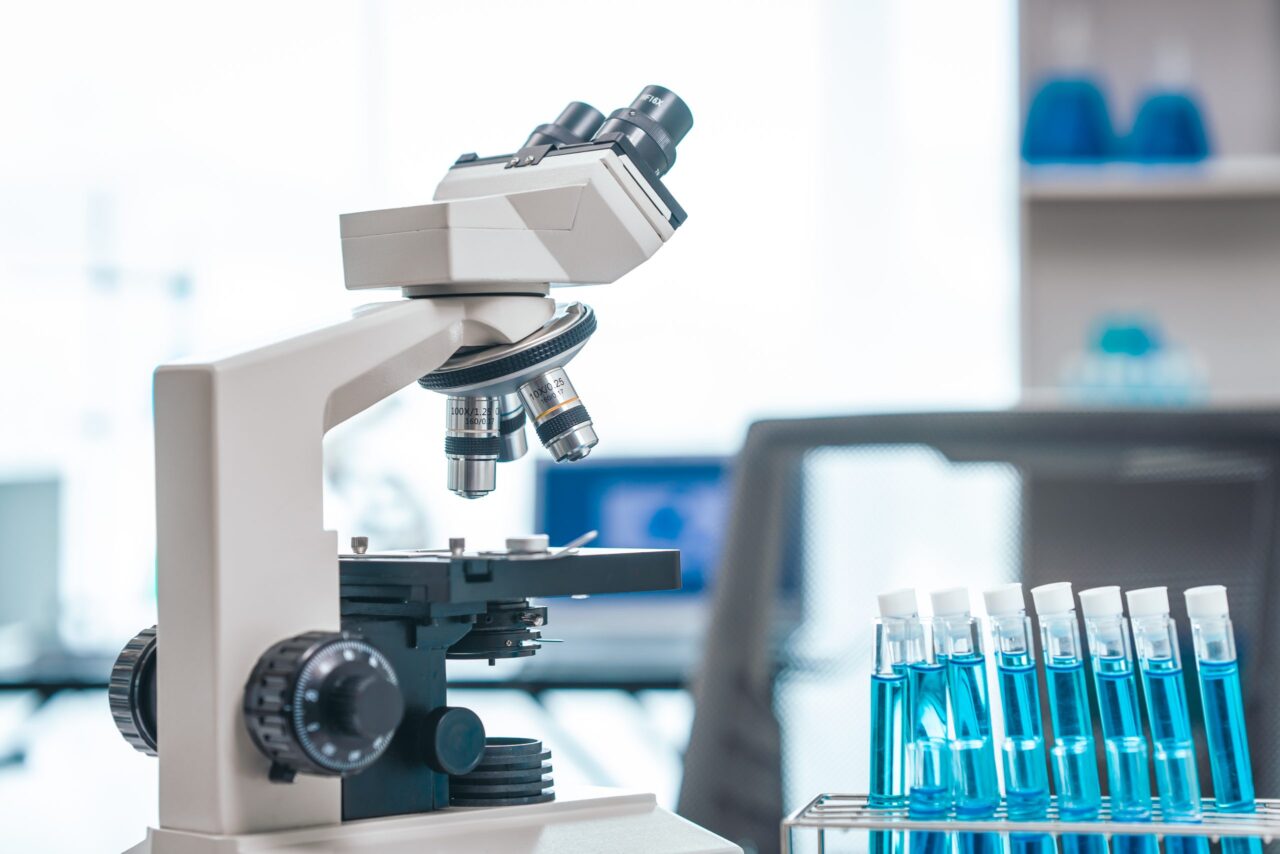Biochemistry occupies a highly prestigious place in the pantheon of modern sciences. The formidable combination of biology and chemistry has produced a field of expertise that is vital to the identification, understanding and resolution of countless health problems. In this article, we will take a walk through the tests performed in biochemistry laboratories to understand their importance and operation.
Biochemistry laboratories, with their wide range of tests and innovative equipment, are indispensable in the diagnosis and management of diseases. They bring us closer to understanding the intricate webs of life at the molecular level, informing the development of life-saving treatments and therapies around the world.
Biochemistry Laboratory Testing: The Cornerstone of Diagnosis
Biochemistry laboratories, equipped with state-of-the-art machinery and highly qualified personnel, are essential in the field of medicine and science. Various tests are performed here, opening windows into what happens at the molecular level in our bodies and how different substances interact with each other.
Biochemical tests range from blood sugar and cholesterol tests to liver function and hormone tests. Indispensable for the diagnosis, monitoring and management of disease, these tests provide key quantitative data and reveal dysfunction at the biochemical level.
The Machinery Behind the Tests: The Heart of Accuracy
Accuracy is essential in a biochemistry laboratory. And that depends largely on the equipment used. Centrifuges and microscopes, mass spectrometers, gas chromatographs and biochemistry analyzers are just a few of the devices that play essential roles in these laboratories.
These pieces of equipment operate in conjunction to provide accurate and repeatable readings. From sample collection and preparation to testing and analysis of results, laboratory equipment ensures efficient workflow and reliable results. For example, a centrifuge is used to separate substances of different densities in a blood sample, while a mass spectrometer can identify and quantify minute amounts of chemicals in blood. An example of this is monitoring drug levels in the blood to ensure effective dosing.
Biochemistry and Disease: The Visible Canvas of Life
Numerous diseases can be diagnosed by laboratory testing. Metabolic diseases, such as diabetes, are identified through blood glucose testing. Thyroid hormone tests help diagnose conditions such as hypothyroidism or hyperthyroidism. The same is true for heart, kidney and liver conditions.
In addition, biochemistry laboratory research often plays a key role in the development of new therapies and drugs. For example, angiotensin-converting enzyme inhibitors, a class of drugs used to treat hypertension and heart failure, were developed based on biochemistry laboratory work.
The future of biochemistry laboratories
Our knowledge and understanding of biochemistry will continue to evolve and improve our ability to effectively diagnose and treat conditions and diseases. We at Kalstein open a new universe where you will find a space with the latest technological and scientific advances, we present the 3D platform, here you will discover infinite versatile functions for manufacturers and distributors of laboratory equipment regardless of type, you will have the option to design your profile and be in contact with each user anywhere in the world, we offer unparalleled advantages in over 10 languages and have your own 3D laboratory, you will publish to buy, sell or rent equipment for laboratories or medical, learn more HERE


